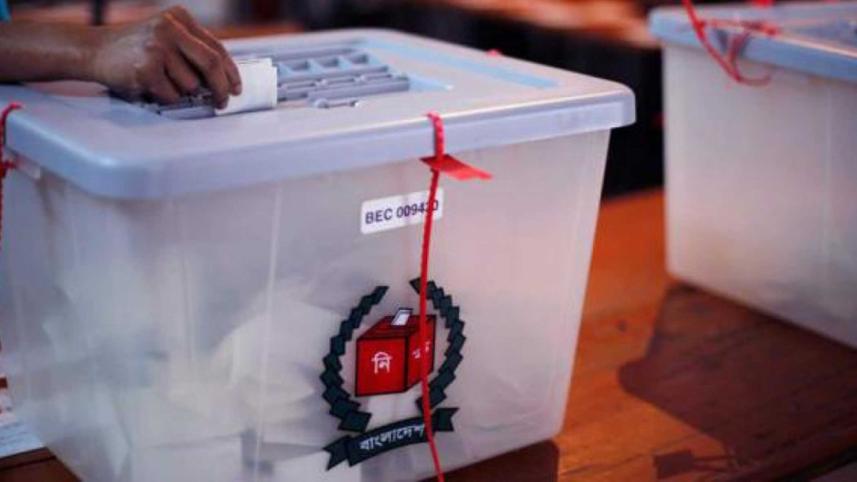Hold zila parishad elections urgently

The dissolution of almost all zila parishads in Bangladesh has brought a renewed focus on the moribund state of this vital local government body. The Local Government Division of the LGRD ministry announced the dissolution of the zila parishads of 61 districts on April 17, following the passage of the Zila Parishad (Amendment) Act, 2022 in parliament, which allows for appointing "administrators" at these councils. The five-year tenure of the councils, except the three in Chittagong Hill Tracts (CHT), expired in January this year without any election held to choose their successors. But instead of fast-tracking the polls or allowing the expired councils to function until the next batch takes their place—thereby ensuring the continuity of the rule of elected public representatives—the government has decided to bring in unelected individuals.
The vacuum that has been created in the process and the unconstitutional manner in which the government chose to respond to this cast serious doubt on the government's intention. Although it has urged the Election Commission (EC) to take necessary steps to hold the elections as soon as possible, there is no saying when that will happen. It can be any number of months. The question is: Why could the EC not hold the zila parishad polls on time? The argument that polls couldn't be held due to the pandemic, as offered by relevant officials, is totally unconvincing, given the eagerness with which the previous EC organised union parishad elections even at the height of the pandemic. And why would the government even think of a solution that directly contradicts the constitution and even its own legacy of fighting against such unelected bodies at the helm?
Although the councils formed after the first-ever zila parishad elections in 2016 couldn't bring the desired change in public services, they at least had the stamp of public approval and therefore some obligation to their constituents. Unelected individuals—whether in the form of administrators or chief executive officers—will be free from any such obligation and totally subservient to the government. This is the opposite of what the people expect from this 130-year-old local government body.
We hope the government will explain its behaviour and acknowledge its failure to follow due process. The EC, meanwhile, must ensure that the zila parishad elections are held without any delay. Elected public representatives must be in charge of these vital institutions, and at the same time, these institutions must be made accountable to the public so that they can deliver as expected.



 For all latest news, follow The Daily Star's Google News channel.
For all latest news, follow The Daily Star's Google News channel.
Comments